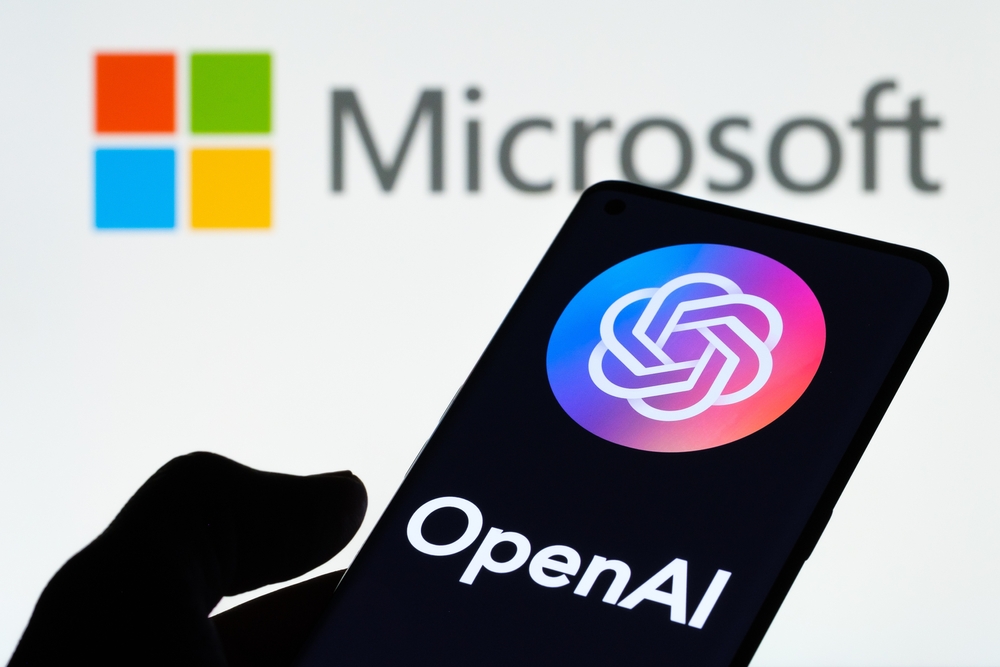Microsoft Hires DeepMind Co-Founder Suleyman to Run Consumer AI
Like numerous pioneers in artificial intelligence, Mustafa Suleyman has voiced concerns about the technology he has significantly contributed to.

During the global AI safety summit last year, the British 39-year-old mentioned the possibility of temporarily halting AI development towards this decade’s end. “I haven’t dismissed the idea. It’s very likely that in the next five years, we will need to entertain this notion seriously,” he stated.
Suleyman now contemplates this issue as he leads a new AI division at Microsoft, a giant in the sector due to its massive investment in OpenAI, the creators of ChatGPT. In this capacity, he faces the challenge of navigating his concerns with the imperative to innovate and market new technologies.
Andrew Rogoyski of the University of Surrey’s Institute for People-Centred AI believes Suleyman’s decision to join Microsoft is likely driven by a simple logic. “Being worried about AI safety means you can either call for attention from the outskirts or be directly involved in making significant decisions at what is arguably the leading AI enterprise globally,” he remarked.
However, Suleyman, like many in the field who highlight the dangers of AI, also praises its potential benefits. His book, nominated for awards, “The Coming Wave,” discusses how AI and synthetic biology are poised to bring about “significant medical innovations and advancements in clean energy, not just creating new companies but entire industries and enhancements in quality of life across virtually every conceivable sector.”
Yet, he also warns these technologies might “pose existential threats to sovereign nations—dangers so severe they could challenge or even dismantle the current global order.” Suleyman has said, “They pave the way for massive AI-driven cyberattacks, automated conflicts that could ravage nations, bioengineered pandemics, and a world governed by incomprehensible yet seemingly almighty forces.”
As the CEO of the newly established Microsoft AI, Suleyman will focus on the American firm’s consumer products and research. This includes projects like the Copilot chatbot and the revamped Bing browser, which incorporates ChatGPT technology. Notably, several leading members from Suleyman’s startup Inflection AI, which develops generative AI tools for businesses, will also transition to this new division at Microsoft.
Suleyman’s background is as diverse as his career; born to a Syrian taxi driver and an English nurse in North London, he left Oxford University at 19. In 2010, he co-founded the AI lab DeepMind with friends Demis Hassabis and Shane Legg, which was later acquired by Google in 2014 for £400 million. This acquisition positioned DeepMind at the heart of Google’s AI initiatives, achieving milestones such as developing the AlphaGo AI that bested the world’s leading Go player and the AlphaFold project, which has significantly impacted scientific research, including disease treatment.
After a period of leave from DeepMind in 2019 due to management style criticisms, for which he later apologized, Suleyman departed Google in 2022 to establish Inflection, driving its value to $4 billion by 2023.
Suleyman’s move to Microsoft is indicative of the UK’s role in the global AI talent market. A report by Zeki highlights that the UK is now a net importer of AI expertise. “Mustafa Suleyman’s recruitment aligns with the ongoing trend of major US technology firms hiring premier UK AI talents,” stated Tom Hurd, CEO of Zeki. “However, over the last couple of years, the UK has begun to draw in more high-level AI professionals than it’s losing, particularly among leading female AI scientists and engineers.”
Dame Wendy Hall, Regius Professor of Computer Science at the University of Southampton, interprets Suleyman’s news as evidence of the high demand for British AI expertise at the executive level, cautioning against complacency. “We must continually concentrate on the initial stages of development, which means nurturing AI and related capabilities like mathematics from school through to apprenticeship, university, and PhD levels.”



